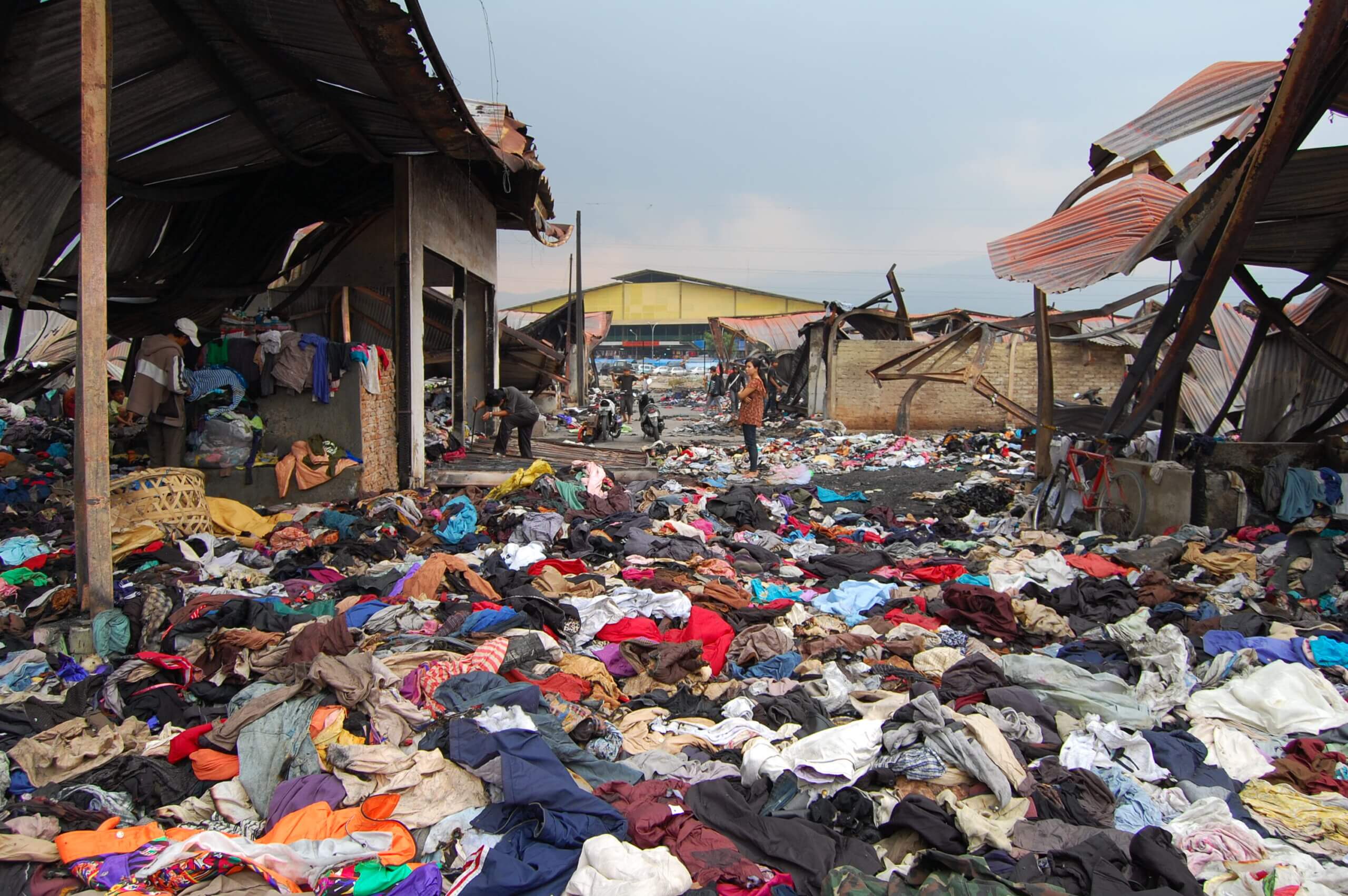
WASHINGTON — With the technical feasibility of satellite servicing now being demonstrated, companies and other organizations in the field are now grappling with other issues, from legal and regulatory challenges to the development of standards.
SpaceLogistics, a subsidiary of Northrop Grumman, docked its first two Mission Extension Vehicle (MEV) spacecraft to Intelsat satellites, most recently in April. Both are enabling those aging geostationary communications satellites to continue operations for up to five more years each.
“It was our Kitty Hawk moment, if you will, for the satellite servicing industry,” said Joe Anderson, vice president of operations and business development at Space Logistics, during a panel discussion at the AMOS Conference in Hawaii Sept. 15.
The technical success of those two MEV missions, as well as initial demonstrations of Astroscale’s End-of-Life Services by Astroscale-demonstration (ELSA-d) spacecraft to test its ability to capture satellites, brings up a range of other issues for satellite servicing companies, many to be addressed at this week’s Global Satellite Servicing Forum by the satellite servicing industry consortium CONFERS.
One is licensing. For SpaceLogistics, that process started with an interagency review, Anderson said. “It identified that this is a lot different than anything that’s been licensed before, and there was a lot of turmoil about how do we license this,” Anderson recalled.
In the U.S., no one federal agency has clear responsibility for licensing satellite servicing and other novel space applications, a long-standing issue for the industry. “In the end, it was decided that we were most closely associated with GEO comsats,” he said, and thus the Federal Communications Commission would take responsibility. “The FCC has become our oversight agency from an Outer Space Treaty perspective.”
The company also had to work with the commercial remote sensing office at the National Oceanic and Atmospheric Administration, which licenses commercial imaging systems, including cameras on its MEVs. “There were real concerns about imaging other things in space, so new rules had to be made about that,” he said.
Astroscale licensed its ELSA-d mission through the United Kingdom. “The first time this is presented to a regulator or insurer, it’s usually met with a little hesitation,” said Mike Lindsay, chief technology officer of Astroscale.
A key issue was coordinating with other satellite operators as it prepared to test deploying and then capturing a client satellite from the main ELSA-d spacecraft. “Being able to build off that relationship and come up with best practices was something that regulators appreciated,” he said.
As satellite servicing promises to become more common, there is a push to develop standards to make it easier for different satellite servicing vehicles to interface with a wide range of satellites. “The notion for preparing a client for end-of-life services or on-orbit servicing is really going to be paving the way for the future for further and more complex activities,” Lindsay said.
An example is an “optical fiducial” design for client spacecraft to help satellite servicing spacecraft dock. That design is incorporated on OneWeb’s initial satellite constellation, he said, as well as a ferromagnetic docking plate.
“This is an emerging market, and thinking about putting technical standards into place is a really tricky thing without inhibiting innovation,” Anderson said. A step before technical standards, he argued, is the development of norms of behavior and best practices for safe operations of servicing satellites.
He added, though, that SpaceLogistics is thinking about technical standards, such as fiducials and refueling interfaces. “We want to grow this market, and some standards would help the market grow.”
The industry also has to consider what happens if something goes wrong in a satellite servicing activity. Ralph Dinsley, executive director of Northern Space & Security Ltd., discussed a “space law games” exercise that combined military war gaming with a moot-court exercise to examine what happened if a GEO satellite suffered a catastrophic failure after a successful servicing that affected a third party.
“The research has highlighted, more than anything else, that there is a proving an issue of proving causation,” he said. “There wasn’t a lack of law, but a lack of evidence.” He said it’s not clear there is existing technology that can provide sufficient evidence to show which party was at fault in a scenario like that.
He said his company is developing a “space accident investigation procedure” for such events, with the goal of developing standards acceptable in court, “because that is ultimately where things are going to be decided.”
Note: This article have been indexed to our site. We do not claim ownership or copyright of any of the content above. To see the article at original source Click Here













